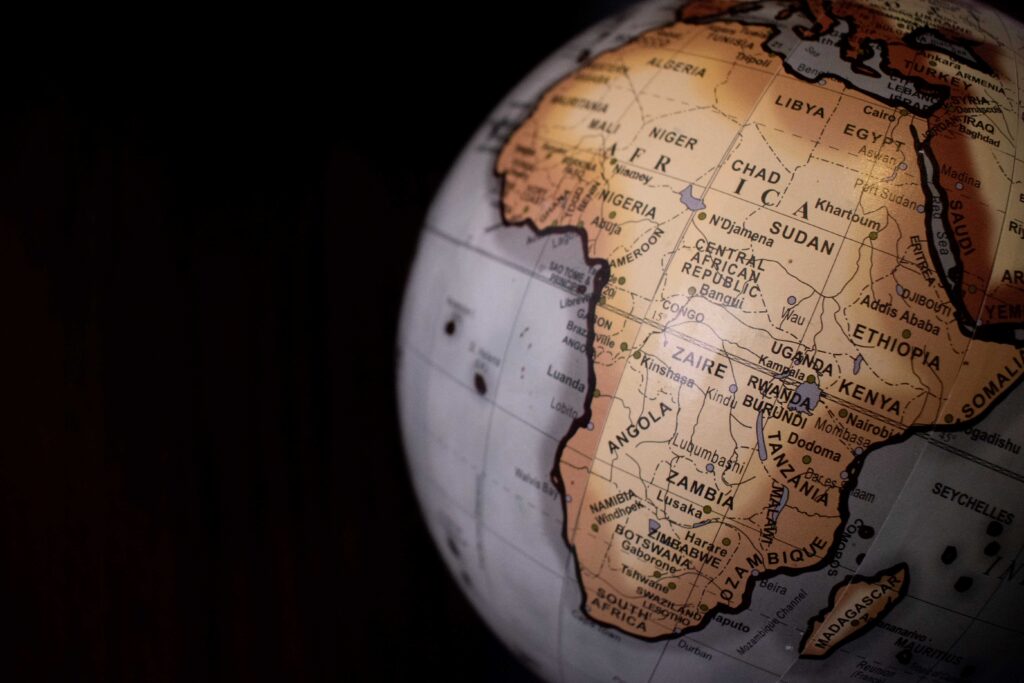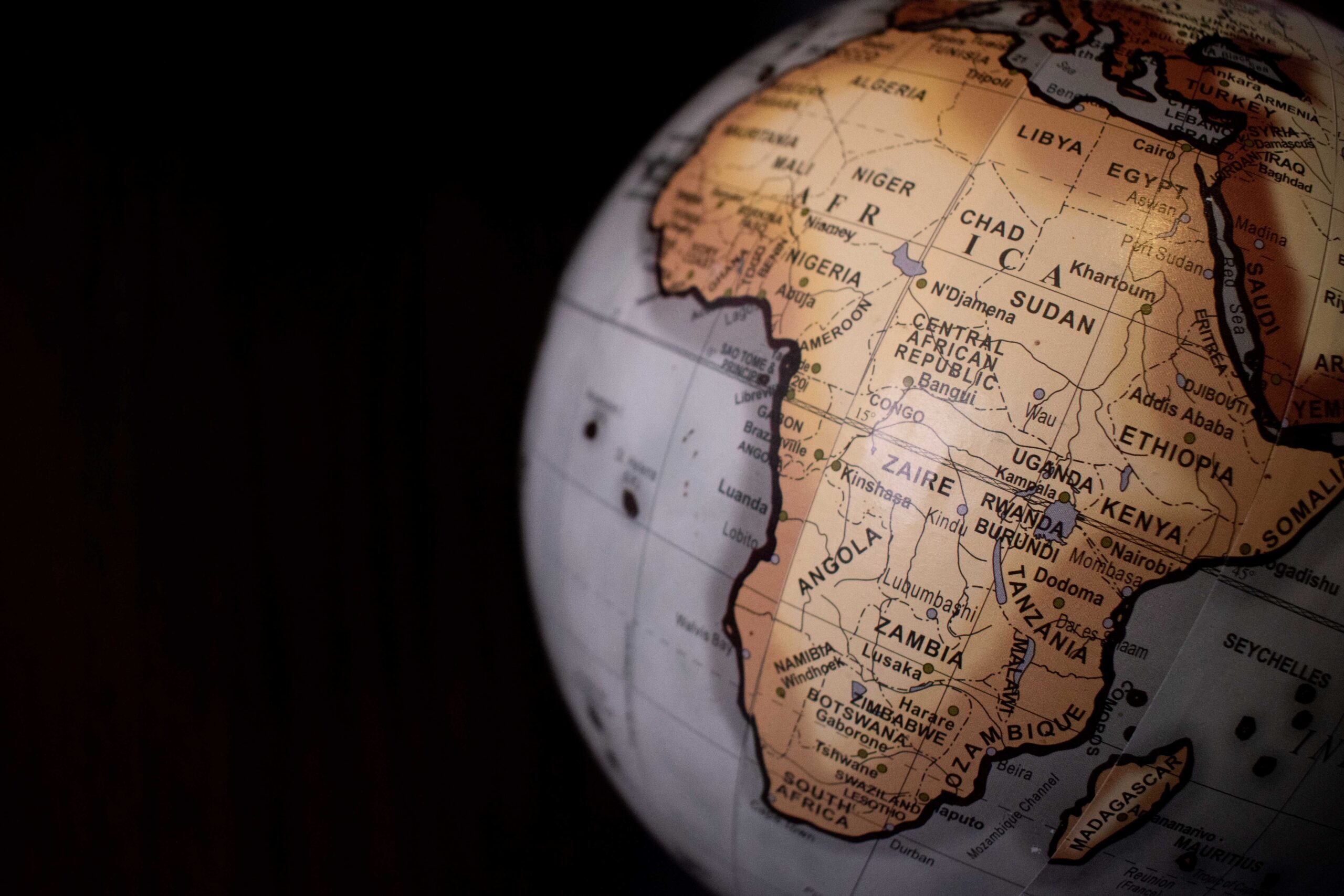This week, Ethiopia marked a significant downturn in its economic trajectory by becoming the third African nation to default in as many years, failing to make a $33 million coupon payment on its international government bond. This development places Ethiopia in a precarious financial position, highlighting the broader economic vulnerabilities faced by several African countries in recent times.
The decision to default was not sudden but a culmination of mounting financial pressures that have been intensifying since the outset of the COVID-19 pandemic and were further aggravated by a two-year civil war, which concluded in November 2022. Ethiopia, Africa’s second-most populous country, had been struggling with these compounded challenges, leading to this critical financial juncture.
The missed payment, originally due on December 11, reached a critical point this Tuesday, factoring in a 14-day grace period included in the terms of the $1 billion bond. Reports indicate that as of the last international banking working day before this deadline, bondholders had not received their scheduled coupon payments, confirming the default status.
The Ethiopian government, which had earlier in the month expressed intentions to go into default, has been relatively silent on the issue since the deadline passed. This stance is in line with the broader situation in Ethiopia, where the economic turmoil has been a subject of concern both domestically and internationally.
This default places Ethiopia in a group with Zambia and Ghana, both of which have also undergone significant debt restructuring under the “Common Framework,” an initiative spearheaded by the G20. Ethiopia initially sought assistance under this program in early 2021, aiming to manage its increasing debt burden amidst dwindling foreign exchange reserves and soaring inflation.
However, the journey to this point has been fraught with challenges. The civil war in Ethiopia significantly hindered the progress of debt restructuring efforts. It was not until November that the country secured a debt service suspension deal with its official sector government creditors, including China, in a move that was seen as a crucial step in alleviating its financial strain.
Despite this arrangement, Ethiopia’s fiscal situation remained precarious. On December 8, the Ethiopian government acknowledged that its discussions with private sector creditors, including pension funds holding its bond, had reached an impasse. This breakdown in negotiations was a clear sign of the severity of Ethiopia’s economic crisis.
Ethiopia’s default is a stark reminder of the fragility of emerging economies, particularly in the face of global disruptions such as pandemics and political conflicts. The situation in Ethiopia is emblematic of the challenges faced by many African nations, balancing the need for economic growth with sustainable debt management.
The implications of Ethiopia’s default extend beyond its borders, highlighting critical issues around debt sustainability and financial resilience in the African continent. The international community’s approach to Ethiopia’s crisis could set important precedents for future economic support and debt restructuring initiatives for other nations in similar predicaments.
As Ethiopia navigates this challenging financial landscape, the focus is now on how the country will manage its debt obligations and what steps it will take to recover from this economic downturn. The path ahead is undoubtedly complex, but it also presents an opportunity for Ethiopia to restructure its economy towards a more sustainable and stable growth trajectory.






